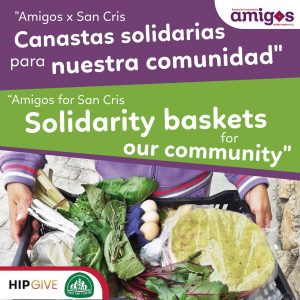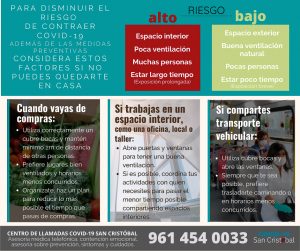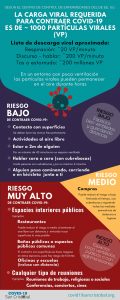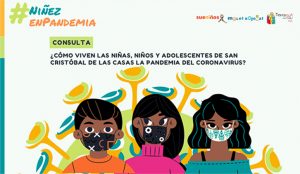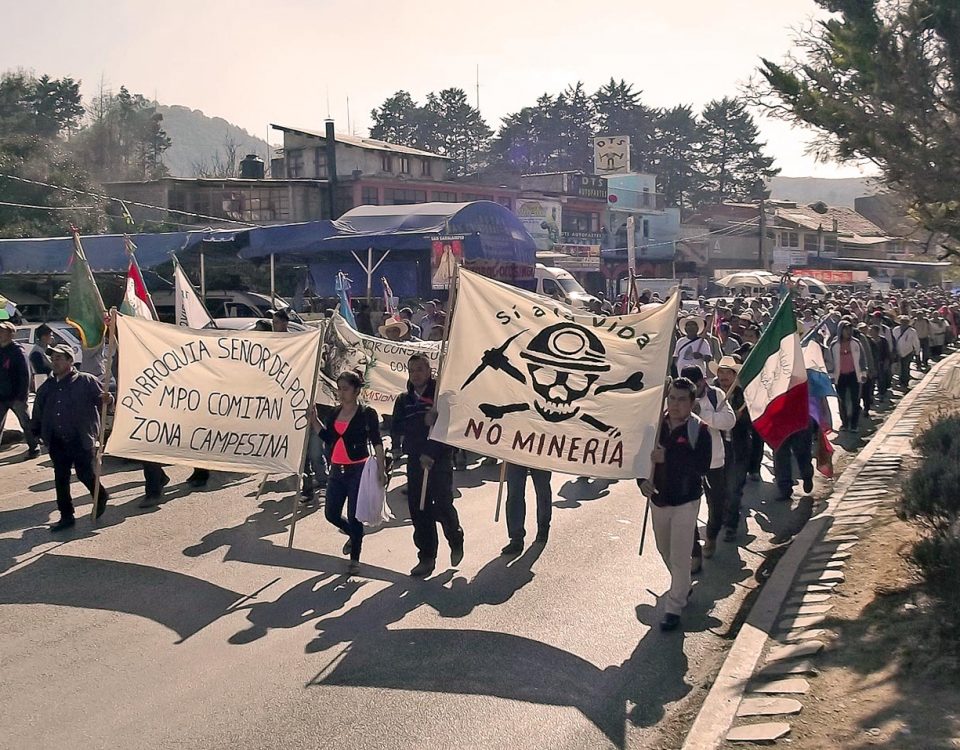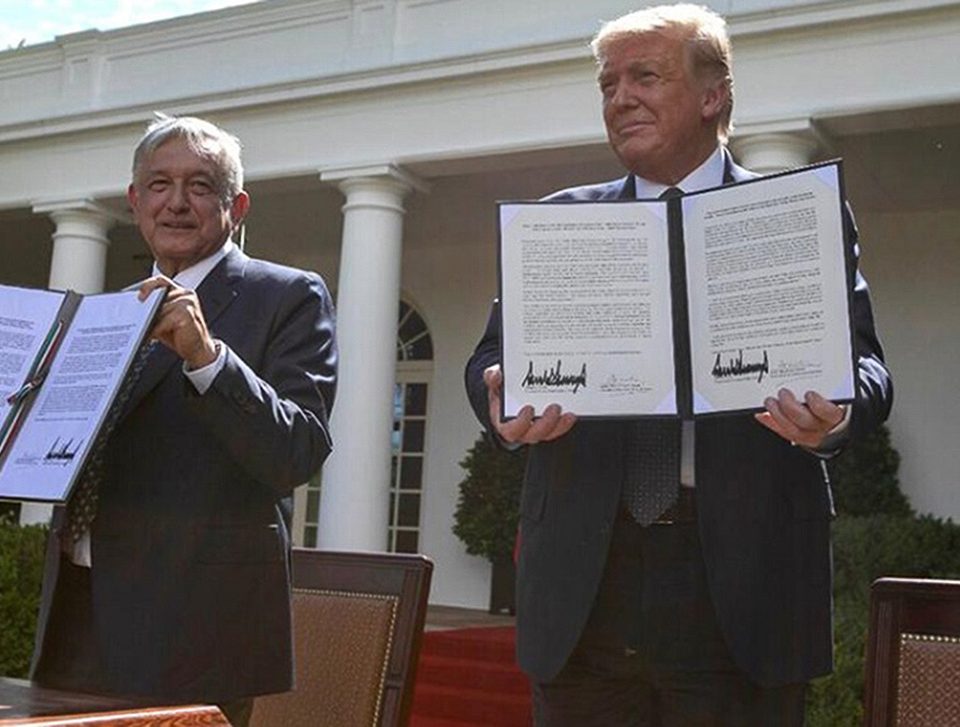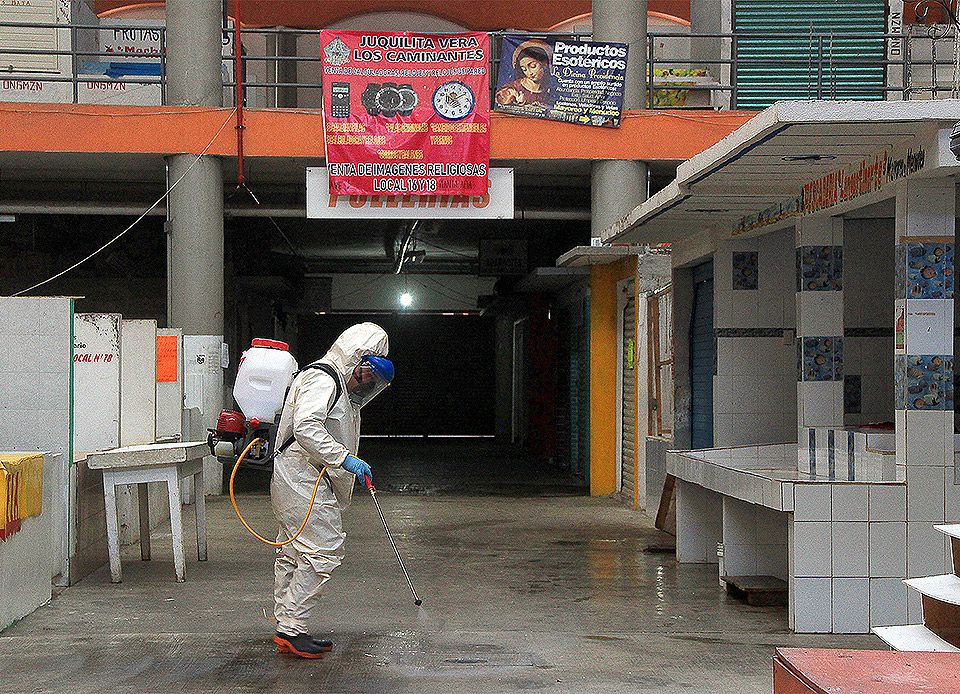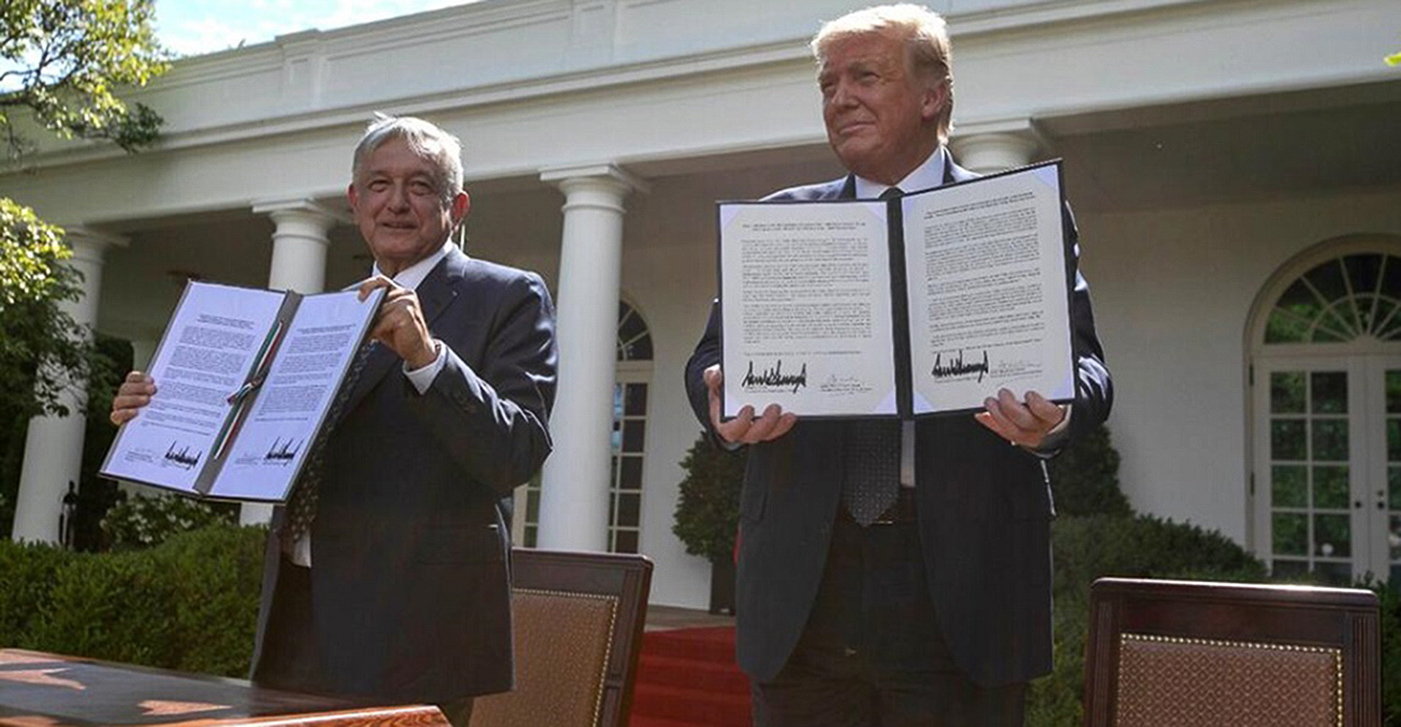
FOCUS: Who are the beneficiaries of the USMCA?
04/09/2020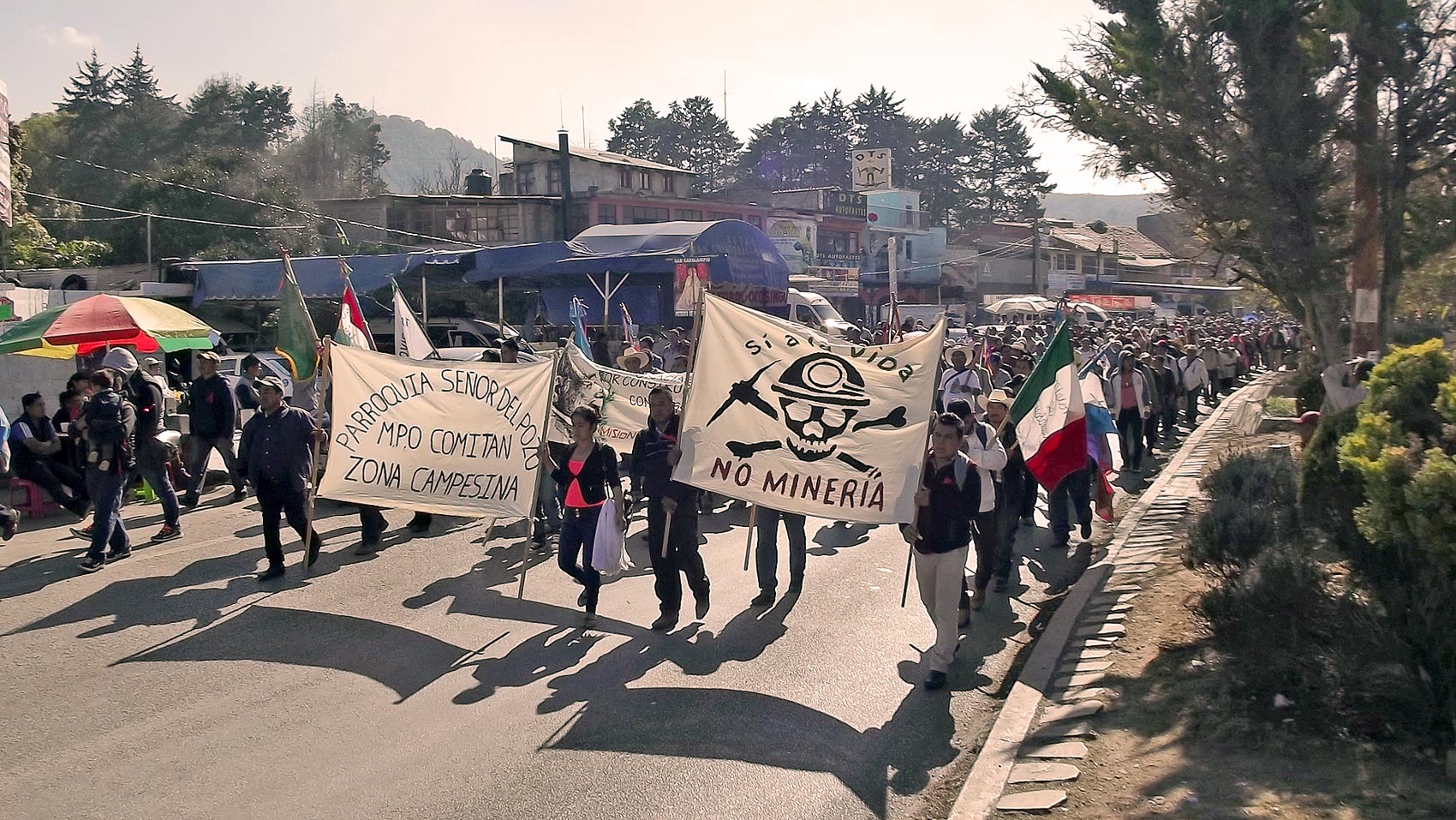
SIPAZ Activities (Mid-May to mid-August, 2020)
04/09/2020Much of the little that has been published in the national media about Chiapas since the beginning of the COVID-19 pandemic has been sensationalist news about attacks against health personnel, in addition to attacks on personnel from other agencies, among other violent actions, due to the suspicion that by sanitizing, they would be spreading the coronavirus.
Meanwhile, multiple initiatives by individuals, organizations, groups and indigenous communities that have sought to prevent and combat the coronavirus, as well as its effects in different areas, were ignored.
The first case of Coronavirus was identified in Chiapas in early March. Following federal instructions, still with few cases, schools, shops, hotels, restaurants, churches and most public places were closed.
Even before that, the Zapatista Army of National Liberation (EZLN) declared a red alert in their territories, closed their autonomous government structures and ordered their support bases to remain confined. However, it called asked “not to drop the fight against femicidal violence, to continue the fight in defense of territory and Mother Earth, to maintain the fight for the disappeared, murdered and imprisoned, and to raise high the flag of the struggle for humanity.” Without doubt, the resistance, the organizational and autonomy processes that various communities and peoples have built over the decades have allowed them to tackle the pandemic with their own resources.
It has not been an easy task, when something that is present throughout society -but more notoriously in indigenous and rural communities- has been disinformation, disbelief and fear. This should not come as a surprise in areas where the absence of the State and distrust of the authorities have been constant. For this reason, since the beginning of the pandemic, various organizations and groups have generated information in indigenous languages, brochures and radio capsules to explain what the coronavirus is, how it is spread, as well as prevention and care measures. The SADEC organization produced a triptych on the psychosocial implications of the pandemic for the rural population, explaining, among other things, that it is normal for one to feel isolated, sad or depressed.
One of the most active sectors since the beginning of the pandemic, logically, has been that of health workers, who have made several complaints, and done strikes and protests to demand sufficient equipment for their protection, as well as quality supplies to attend to the patients.
At the same time, in the urban sphere in San Cristobal de Las Casas, a group of doctors and members of civil society started the COVID-19 San Cristobal group. “We have organized ourselves to participate with local authorities, organized civil society and business groups in efforts to generate and disseminate information, telemedicine to better care for the sick from home and to contain the spread of the virus”, they explain. It has a telephone healthcare center in Spanish, Tzotzil and Tzeltal. It also disseminates information on the general situation of the pandemic, how to prevent contagion and to care for people who are sick with COVID at home. It also has a group of psychologists for psychosocial support. It launched a call for solidarity both for the sick and their families to avoid prejudice.
Another local project has been the installation of points to wash hands in public places in San Cristobal, an action in which the organization Cantaro Azul, which works on access to water, participated. Given the lack of protective material in public hospitals, a network of families organized to produce material to protect doctors and nurses.
In indigenous communities, there has been an increase in the use of medicinal plants. Father Marcelo Pérez, parish priest of Simojovel explains how in his parish, people organized in this sense: “We call ourselves community health promoters, and with these medicinal plants several patients have already recovered”, he says. Another example of recovery of the use of medicinal plants to treat respiratory diseases has been promoted by the Atel Antsetik (Women Workers) collective, which has been working on this question for several years. From the transmission of ancestral knowledge, they have recovered more than 70 plants to treat respiratory problems, which, although they do not cure COVID-19, do strengthen the immune system against this virus and other diseases, so that they do not appear in their serious forms.
Other actions aim to generate information to improve public policies and responses to the pandemic. Since June, a platform of various media has sought to obtain data on what is happening in the state given that “the figures that do not add up” when officials tell us about a bad situation that is well under control for several weeks: “The reality population shows is another, hundreds of people report the contagion and death of their relatives, in their homes, without medical attention, without having been tested despite having the symptoms of the disease”, they emphasize.
On another note, the organizations Melel Xojobal, Sueniños and Tierra Roja Cuxtitali carried out a consultation “How do children and adolescents in San Cristobal de Las Casas experience the pandemic?”, to “know the experiences and opinions regarding the pandemic of the coronavirus, and the effects on their economic, work, school and emotional conditions.”
With the closure of spaces, income, for many families, has been reduced to the extent that it has become a real struggle to survive in a period of confinement that has already exceeded five months. An initiative to help feed families in vulnerable situations has been “Solidarity Food Hampers For Our Community” in San Cristobal de Las Casas. Every Saturday, a group of seven volunteers get together at the Agroecological and Artisanal “Tianguis” Market to assemble hampers that will be given to those who need it most. All those who come to the market can collaborate with donations in kind or money. A fundraising campaign was also launched on social media.
The pandemic is bringing out the worst and the best in our societies. Faced with so much uncertainty, it seemed important to us to be able to point out that we are isolated, yes, but not alone and that much can be done despite the limitations, from individual measures to more organized actions. The pandemic reveals our interdependence as humanity. We need not to be paralyzed by fear but rather to rediscover the importance of solidarity.

